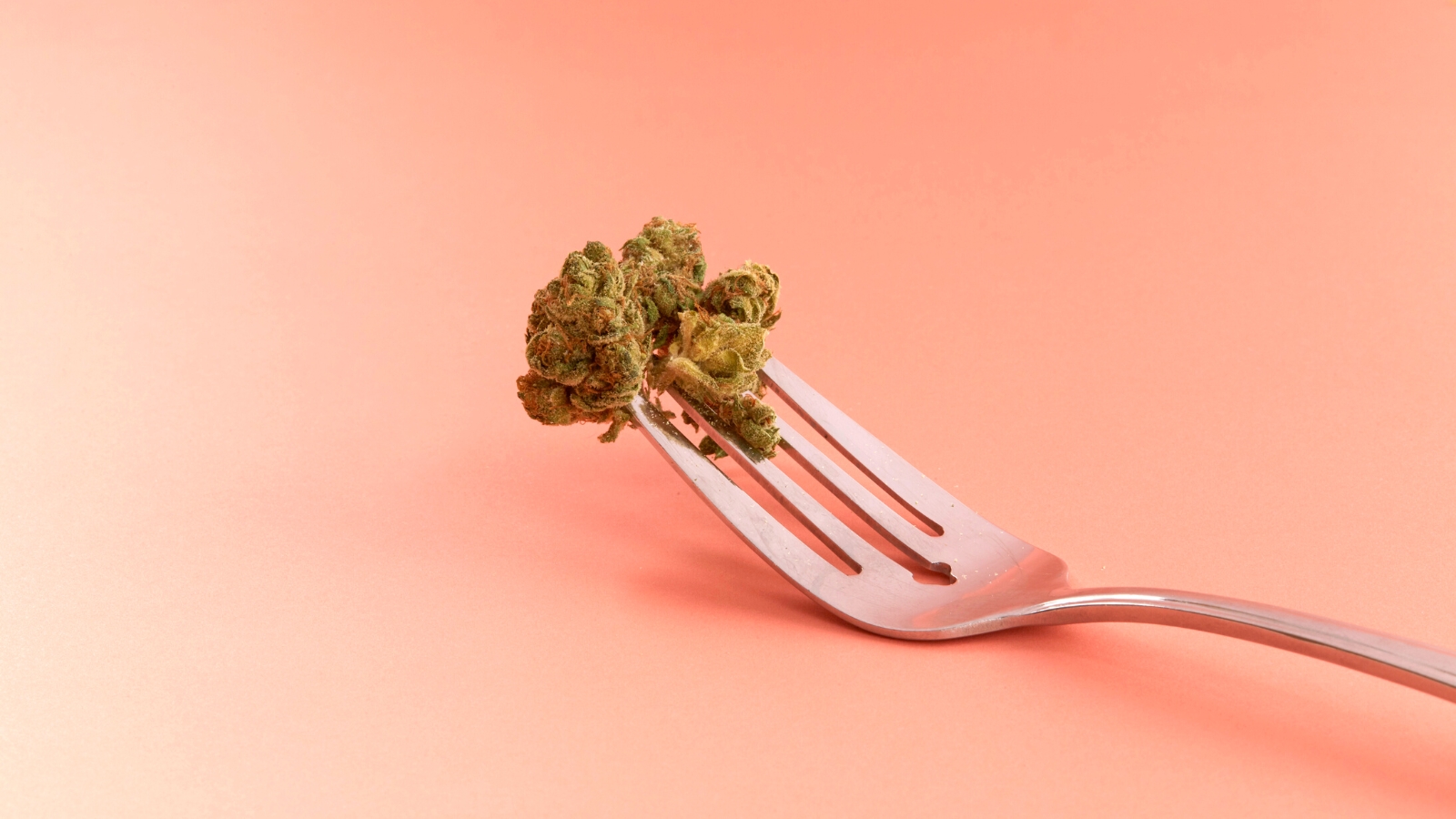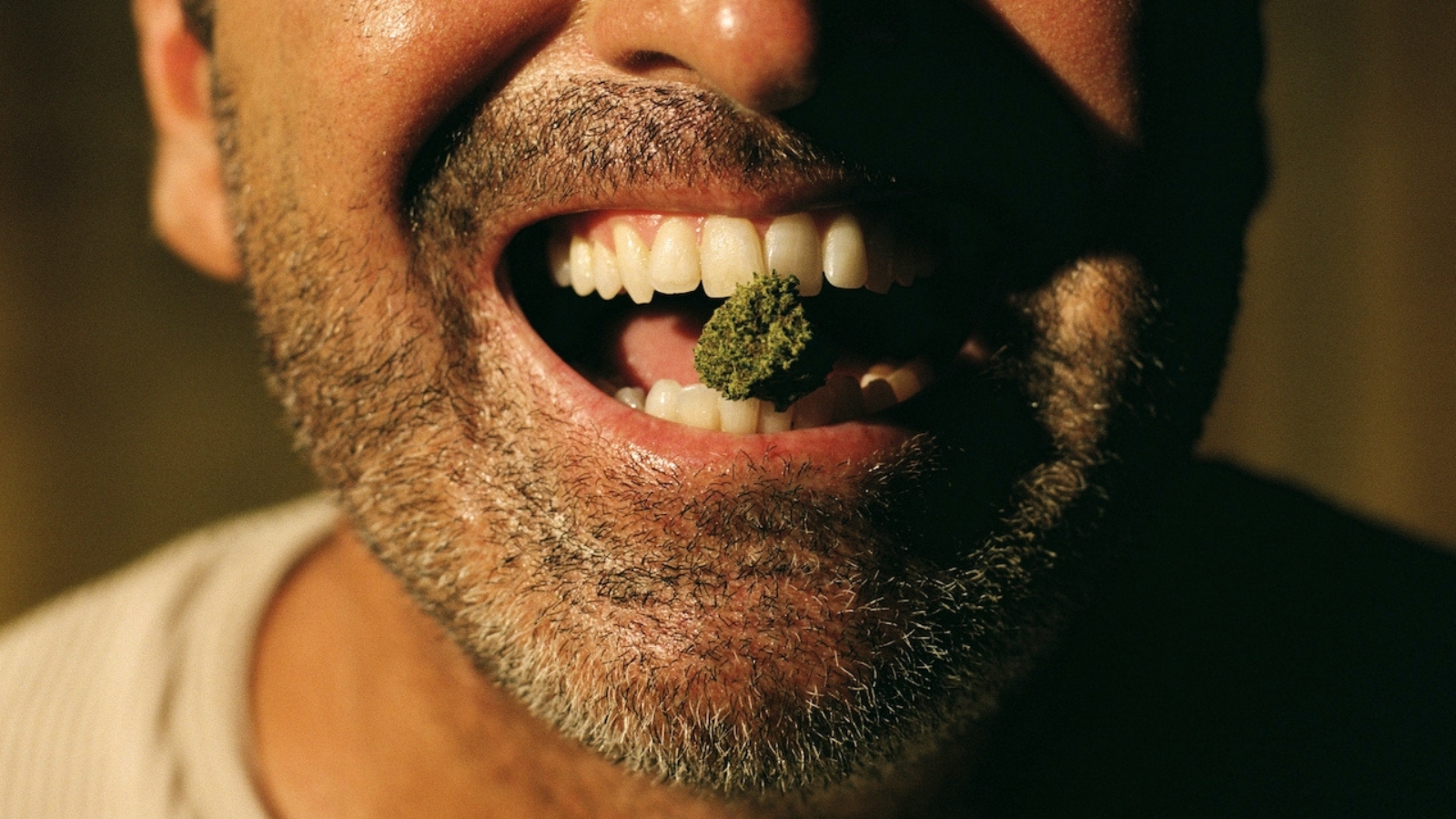It’s likely that every cannabis user has faced at least one scenario where they hear those dreaded words: “We just need you to take a drug test.” Maybe it’s a new job pending a clean urine test, or an insurance provider wanting to verify sobriety for a new policy. Hopefully, it’s not a parole officer or other type of law enforcement!
For whatever the reason, perhaps you’ve landed here because you are asking the question: “How long does weed stay in your system?” Read on to learn all about the various types of drug tests and factors affecting the detection of weed in the body.
How Long Does it Take to Feel Effects?
Cannabis is a varied and complex plant with a myriad of uses. Just as the reason for use is unique to the individual, so are the effects. Each person’s endocannabinoid system (ECS) processes the terpenes and cannabinoids differently, so no two persons smoking the same joint will have the exact same effect. That said, there are some common time frames for effects to kick in depending on the method of consumption.
When smoked or vaporized, weed begins to kick in as early as two minutes after inhalation, though it may take up to 10 minutes for some people. The intensity of the high will depend on how big of an inhale was taken, and the potency of the THC in the cannabis. Vape pens tend to have a higher concentration than dried flower.
Eating cannabis-infused edibles will result in delayed onset. Since the cannabis must pass through the digestive system, expect 30-60 minutes for effects to kick in, with full effects taking place around two hours. Tinctures consumed orally can kick in within 15-20 minutes when delivered via the sublingual delivery system. This involves holding the tincture under the tongue, where the active cannabinoids enter the bloodstream quickly.
Possible Side Effects
While cannabis is deemed relatively safe, there are some common side effects to be aware of:
- Altered sensations
- Drowsiness
- Reduced coordination
- Euphoria
- Anxiety/Paranoia
- Decreased blood pressure
- Dry mouth, commonly referred to as cotton-mouth
- Appetite stimulation
- Dry eyes
It is recommended to avoid consuming alcohol and then smoking weed, as it is known to cause nausea and potential vomiting when combined in excess.
Understanding the Science of Cannabis Metabolism
To better grasp how long weed stays in your system, it’s crucial to understand the science of cannabis metabolism. When you consume cannabis, THC is absorbed into your bloodstream and eventually metabolized by enzymes in the liver. The metabolites, including THC-COOH, are what drug tests typically look for.
These metabolites are fat-soluble, meaning they accumulate in fat reserves and are gradually released into the bloodstream over time. This process can be influenced by factors like the type of cannabis product used, the route of administration (smoking, vaping, edibles), and individual metabolic differences.

How Long Does Weed Stay In Your System?
The most common type of drug test for detecting weed in your system is by urine. But that’s not the only way. All standardized drug tests include a panel for marijuana, and cannabinoids such as THC linger not only in urine, but blood, saliva, and hair follicles.
Urine Testing
Urine testing is the most common method for detecting THC, the primary psychoactive compound in cannabis. THC metabolites can linger in urine for three to 30 days after use. However, the exact duration varies significantly based on several factors. These factors include the frequency of use (with heavier use leading to longer detection times), the potency of the cannabis consumed, the user’s metabolic rate, body fat percentage, and overall health.
Hydration levels can also influence test results, as more dilute urine might have lower metabolite concentrations. Detection times tend to be longer for chronic users due to the accumulation of THC in fat cells, from where it is gradually released into the bloodstream.
Blood Testing
When cannabis is inhaled, THC enters the bloodstream almost immediately. This rapid entry makes blood testing effective for detecting very recent cannabis use. However, THC doesn’t remain detectable in the blood for as long as it does in urine.
Typically, THC is present in the blood for a few hours to a day after the last use, making blood tests less useful for detecting past use. The short detection window is due to THC’s rapid metabolism and its distribution into tissues and organs. Blood tests are often used in situations where recent use needs to be established, such as in accidents or impaired driving incidents.
Saliva Testing
Saliva testing for cannabis is gaining popularity due to its non-invasive nature. Standard saliva tests can detect THC for up to 24 hours after use. However, the detection window can extend up to 72 hours with more advanced or sensitive testing methods.
Saliva tests are particularly useful for detecting recent use, as THC appears in saliva shortly after ingestion or inhalation. Factors affecting the detection window in saliva include the method of cannabis consumption, the frequency of use, and the sensitivity of the test. Saliva tests are commonly used in roadside testing by law enforcement for detecting impairment.
Hair Follicle Testing
Hair follicle testing offers the longest window for detecting cannabis use. THC metabolites can be detected in hair for up to 90 days after the last use. This method involves analyzing the hair shaft for traces of drugs, as metabolites enter the hair from the bloodstream and remain in the hair as it grows.
The standard length of hair tested is 1.5 inches from the scalp, which represents approximately three months of growth. Hair follicle testing is less influenced by short-term abstinence and is more indicative of a pattern of regular use.
It’s important to note, however, that hair testing may not be as effective in detecting single-use or infrequent cannabis consumption. This method is often used for employment drug testing or in legal settings.
Key Factors Influencing Detection of Weed in the Body
Unlike many other drugs, cannabis tends to stick around for a long time. Yet, there are factors that can affect detection time including individual lifestyle choices and genetics. The below is a glimpse into some of the most prominent forces at play when it comes to how long weed stays in your system.
Age, Weight, and BMI
Metabolism slows with age. People over the age of 65 have less blood flow to the kidney and liver — the vital detox organs. Because of this, detoxification can be significantly reduced with age.
THC is stored in fat cells, so people with more body fat tend to metabolize more slowly than people with less body fat. Body Mass Index (BMI) is a calculation based on height and weight and is a scale used to measure body fat.
However, since muscle weighs more than fat, BMI can increase with muscle mass as well, making BMI an imperfect measure for this purpose.
Dosage and Frequency
Dosage and frequency of use are perhaps the most obvious factors when asking how long does weed stay in your system. For someone who smokes very little or only occasionally, THC is generally excreted via the urine in less than a week and possibly only three to four days. For heavy smokers or people who consume large amounts of cannabis via concentrates or edibles, THC is detectable for up to 30 days.
Genetics
A recently discovered gene, called CHRNA2, has been shown to correlate with a greater likelihood of becoming addicted to cannabis. While this gene does not necessarily affect detection time, it can play a role in how much weed a person might consume, which can increase the window of detection time.
Impact of Hydration and Diet
Hydration and diet also play a significant role in the detection of weed in your system. Proper hydration can help expedite the excretion of THC metabolites, as it increases urine production, which is a primary elimination route for these compounds. However, overhydration can dilute urine samples, potentially affecting the test results. A balanced diet rich in fiber can aid in digestion and elimination, thereby potentially reducing the retention time of cannabinoids in the body.
Exercise and THC Metabolism
Engaging in regular exercise may influence how long THC stays in your system. Exercise burns fat, which can release stored THC into the bloodstream. Interestingly, a study found that THC levels in the blood can increase immediately after exercise due to the release of THC from fat stores.
However, the overall impact of exercise on the duration of THC in the system is complex and depends on factors such as the intensity and frequency of exercise and the individual’s body composition.
Role of Mental and Physical Health
Your overall mental and physical health can impact how long weed stays detectable in your system. Chronic stress and certain health conditions can affect metabolic rates and the efficiency of the body’s detoxification systems.
Mental health, particularly conditions like anxiety or depression, might influence cannabis consumption patterns, thereby indirectly affecting how long THC remains detectable.
Drug Test Sensitivity and Specificity
The sensitivity and specificity of the drug test used also determine the detection window of cannabis. More sensitive tests can detect lower levels of THC metabolites, extending the detection period. It’s also worth noting that false positives can occur, and factors such as passive exposure to cannabis smoke or the use of certain medications can influence test results.
Cannabis Tolerance and Its Implications
Regular cannabis users often develop a tolerance to THC, meaning they might need higher doses to achieve the same effects. This tolerance can indirectly affect how long THC stays in your system, as higher doses lead to a greater accumulation of THC and its metabolites, potentially extending the detection window.
Long-Term Effects of Cannabis Consumption
As cannabis use increases with the passing of adult-use and medical marijuana programs nationwide, more and more people are getting high. Whether recreationally or medicinally, people are discovering all of the wonderful ways to incorporate cannabis into their daily lives. What exactly are the long-term effects?
While no one has ever overdosed on cannabis, there are some potential side effects associated with chronic, long-term use. Respiratory issues may arise in people who smoke in heavy quantities or are predisposed to lung conditions. Research is still looking into long-term cognitive effects, and while there does seem to be some change in the hippocampus, amygdala and prefrontal cortex of long-term users, it’s still unclear how long these effects can last or what the potential implications are.
How Long Does it Take to Pass a Weed Test?
When approached naturally, it can take up to 30 days to pass a weed test. This means staying hydrated with plenty of fresh water, getting adequate exercise, and possibly even modifying diet to aid in detox. However, for anyone on short notice, there are options for moving the detox process along that have proven useful for many people.

If you are concerned about a drug test coming up, there are a couple of options that might be suitable. For short notice, a detox drink with same-day results is a good option. If there is some forewarning, a multi-day cleanse in the form of a detox kit is a great way to purge many different kinds of toxins from the body.
Final Thoughts
We hope this has answered your questions about how long weed stays in your system. If you have any other tips and tricks for how to detox from weed, drop us a line to info@realitysandwich.com.
FAQs About How Long Weed Stays in Your System
Can secondhand smoke make THC show up on a drug test?
Yes, it’s possible for secondhand smoke to cause THC to show up on a drug test. However, the amount of THC present in secondhand smoke is typically much lower than the amount inhaled directly.
Will drinking vinegar help get THC out of my system?
There is no scientific evidence to support the claim that drinking vinegar can help eliminate THC from your system. In fact, drinking large amounts of vinegar can be dangerous and cause harm to your health.
Can exercise help me pass a drug test?
Exercise can help speed up your metabolism, which may help eliminate THC from your system faster. However, it’s important to note that exercise alone is unlikely to be enough to pass a drug test if you have recently used weed.
Can drinking a lot of water help me pass a drug test?
Drinking water can help flush THC out of your system, but drinking too much water can be dangerous and even lead to water intoxication. Additionally, drinking too much water can dilute your urine, which may cause a drug test to come back inconclusive.
How long does weed stay in your system for a saliva test?
THC can stay detectable in saliva for up to 72 hours after use. However, in some cases, it may be detectable for up to a week after use.
Can hair tests detect weed use?
Yes, hair tests can detect THC in your system for up to 90 days after use. However, hair tests are not always accurate and can be influenced by factors such as hair color, hair treatments, and hair length.
How long does weed stay in your system for a blood test?
THC can stay detectable in your blood for up to a week after use, but the exact amount of time depends on factors such as frequency of use and metabolism.
Can I use synthetic urine to pass a drug test?
While some people may try to use synthetic urine to pass a drug test, this is not a reliable method and can be easily detected by drug testing labs. Additionally, some drug tests may require that the test administrator directly observe the urine sample being provided, which would make it impossible to use synthetic urine.
Will THC show up in a drug test if I use CBD products?
While CBD products are not supposed to contain THC, some products may have trace amounts of THC present. If you use CBD products, it’s important to be aware of the potential for THC to show up on a drug test, especially if you use a lot of CBD products or use them frequently.















